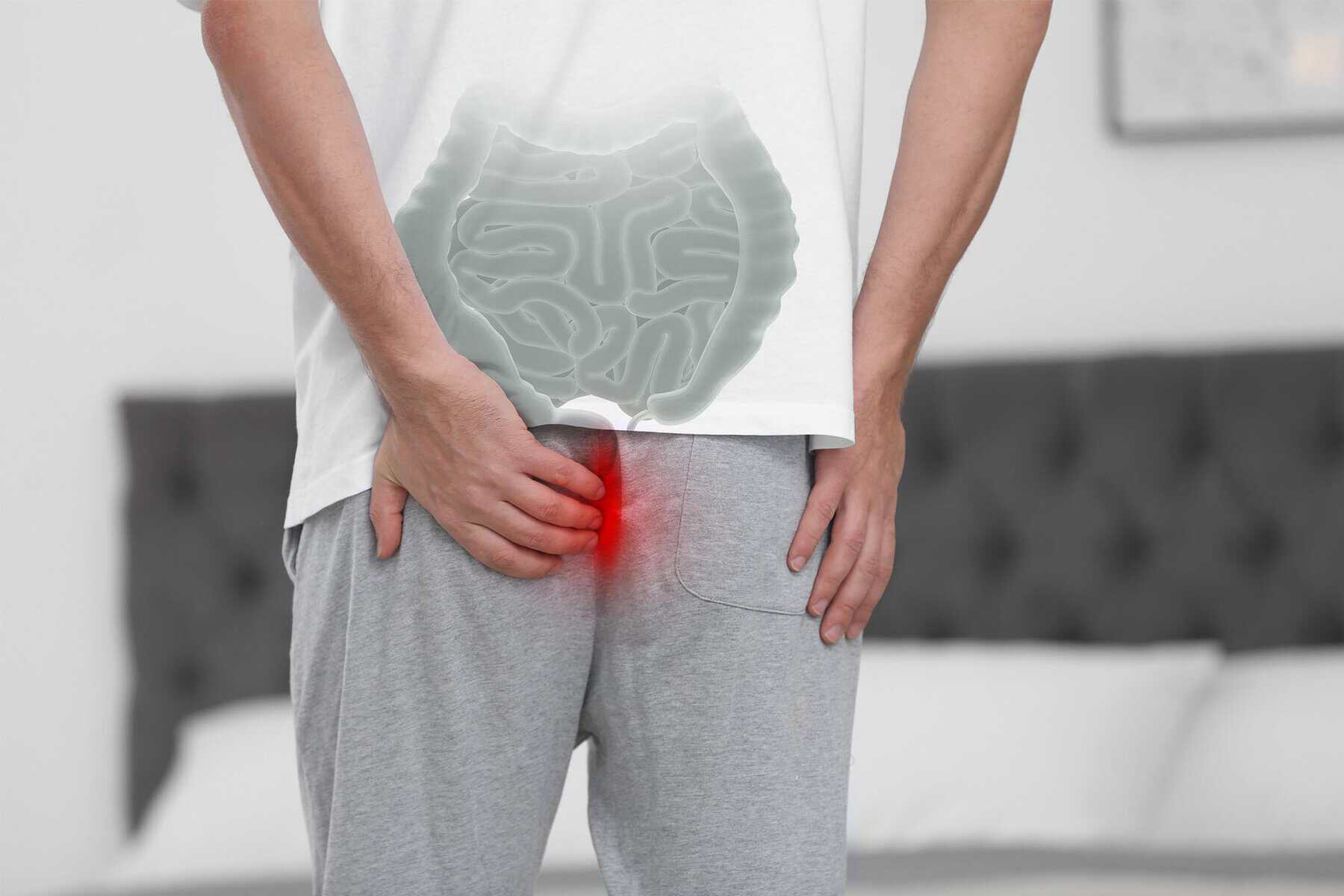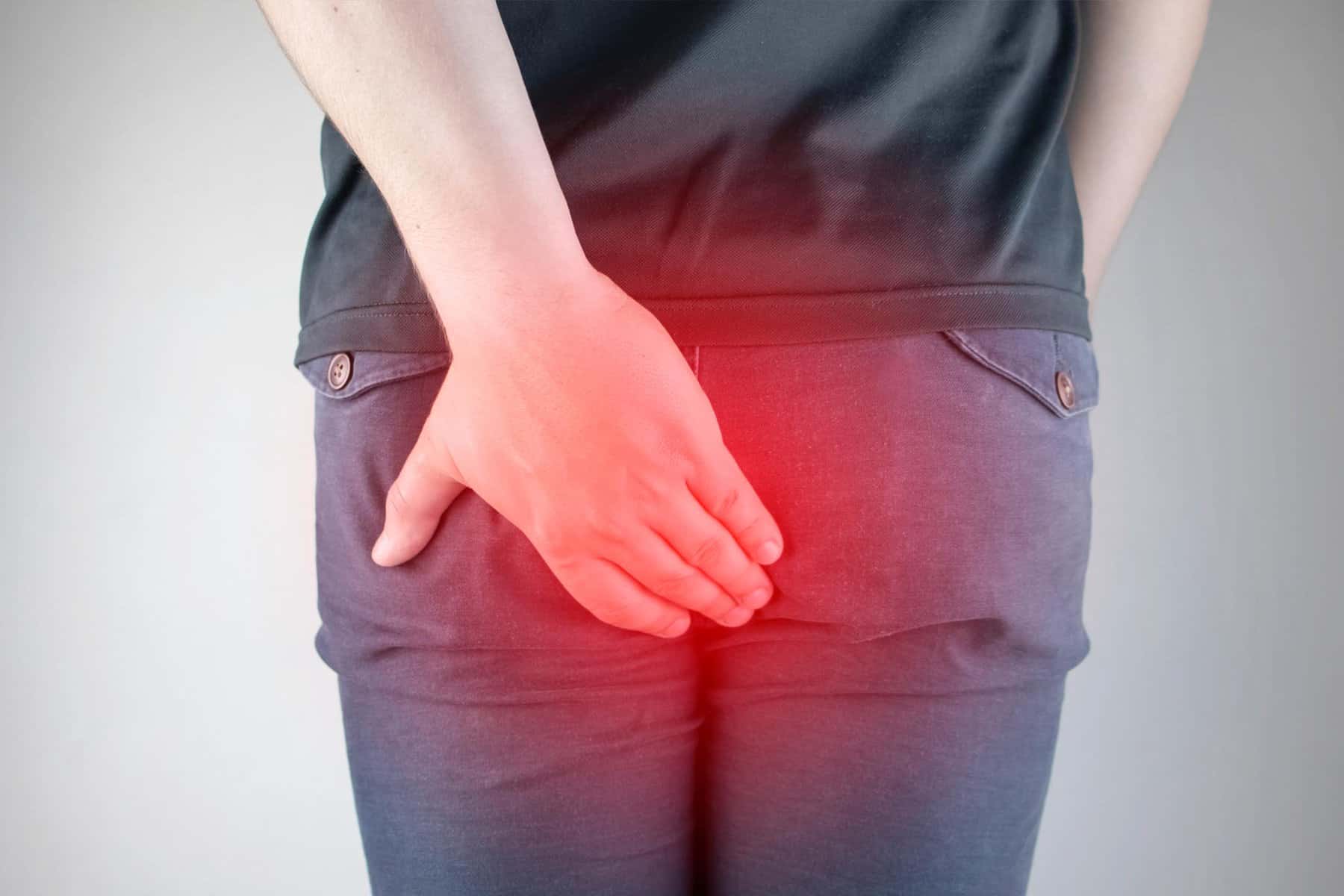Anal Fistula Treatment
An anal fistula is a small tunnel that forms between the end of the bowel and the skin near the anus, often as a result of a blocked anal gland, infection or abscess. It can cause ongoing discomfort, discharge of blood or pus and skin irritation. Typically requiring surgical intervention to resolve. At The Forbury Clinic, we offer specialist care for anal fistulae, combining advanced diagnostic techniques with effective treatment options tailored to each individual. Our aim is to provide relief and restore comfort while minimising disruption to daily life.

What is a anal fistula?
An anal fistula is an abnormal connection between the anal canal and the skin near the anus. It usually develops after an anal abscess has drained or failed to heal properly. Common symptoms include pain, swelling, skin irritation and persistent discharge from a small opening near the anus. Anal fistulae can vary in complexity and may be classified into different stages based on their depth and location, ranging from low-level tracts to more complex types involving deeper tissue or multiple openings.
Symptoms of Anal Fistula
Typical symptoms of an anal fistula include recurrent anal pain, especially when sitting or passing stools, persistent discharge of pus or blood, skin irritation and swelling near the anus. In some cases, the area may become infected, leading to fever or the development of a painful lump. Symptoms often become more intense as the fistula progresses, and the impact on daily life can include discomfort during normal activities, embarrassment due to visible discharge and increased anxiety around toileting and hygiene.


Our Approach to Anal Fistula
At The Forbury Clinic, we take a compassionate and individualised approach to treating anal fistulae. Our specialists begin with a thorough examination and imaging if required to understand the exact anatomical route of the fistula. Treatment plans are tailored to the patient’s specific case and may involve both surgical and non-surgical options. We also advise on dietary changes, hydration and hygiene practices to support healing and minimise recurrence. Our focus is on achieving the best outcomes with minimal discomfort and recovery time.
Treatment Options for Anal Fistula
- Fistulotomy – Involves surgically opening the fistula tract to allow it to heal from the inside out. This is the most commonly performed treatment for straightforward fistulae.
- Seton Placement – A seton (a surgical thread) is placed through the fistula to keep it open, encourage drainage and allow for gradual healing.
- Flap Repair Surgery – In more complex cases, healthy tissue from nearby is used to cover the internal opening of the fistula to promote healing and preserve sphincter function.
- Fistulectomy – This procedure removes the entire fistula tract and is generally reserved for simple, superficial fistulae.
- Ligation of the Intersphincteric Fistula Tract (LIFT) – This technique closes the fistula at its internal opening while preserving surrounding muscle, reducing the risk of incontinence.
- Bioprosthetic or Fistula Plug – A biocompatible plug is inserted into the fistula to seal it and support natural healing.
- Injection of Fibrin Glue – A minimally invasive option that uses medical glue to close the fistula tract and promote healing without surgery.
Can an anal fistula heal on its own?
In most cases, anal fistulae do not heal without medical treatment. While symptoms may temporarily improve, the tract often remains and can lead to repeated infections or abscesses. Prompt assessment and treatment are important to prevent complications and ensure proper healing.


Why Choose The Forbury Clinic?
Our colorectal specialists at The Forbury Clinic utilise their expertise to diagnose and manage anal fistulae with precision and care. We use advanced diagnostic tools and offer a full range of treatment options to match the complexity of each case. Patients benefit from a supportive and discreet environment, with comfort and ongoing well-being are prioritised. From consultation to recovery, we provide expert, personalised care to help you comfortably return to daily activities.